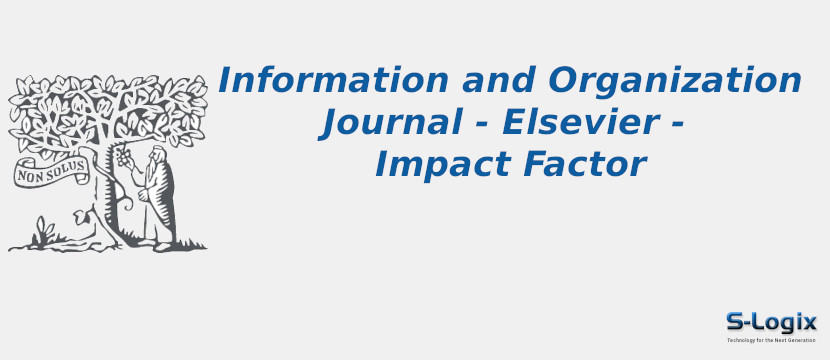Journal Home: Journal Homepage
Editor-in-Chief: Michael Barrett
Print ISSN: 14717727
Electronic ISSN:
Abstracting and Indexing: Science Citation Index Expanded, Scopus
Imapct Factor 2024: 4.7
Subject Area and Category: Business, Management and Accounting Management, Information Systems,Management of Technology and Innovation ,Organizational Behavior and Human Resource Management,Computer Science,Information Systems,Social Sciences ,Library and Information Sciences
Publication Frequency:
H Index: 79
Q1: Information Systems
Q2:
Q3:
Q4:
Cite Score: 11.6
SNIP: 1.831
Journal Rank(SJR): 1.803
Latest Articles: Latest Articles in Information and Organization
Guidelines for Authors: Information and Organization Author Guidelines
Paper Submissions: Paper Submissions in Information and Organization
Publisher: Elsevier Ltd.
Country: United Kingdom
